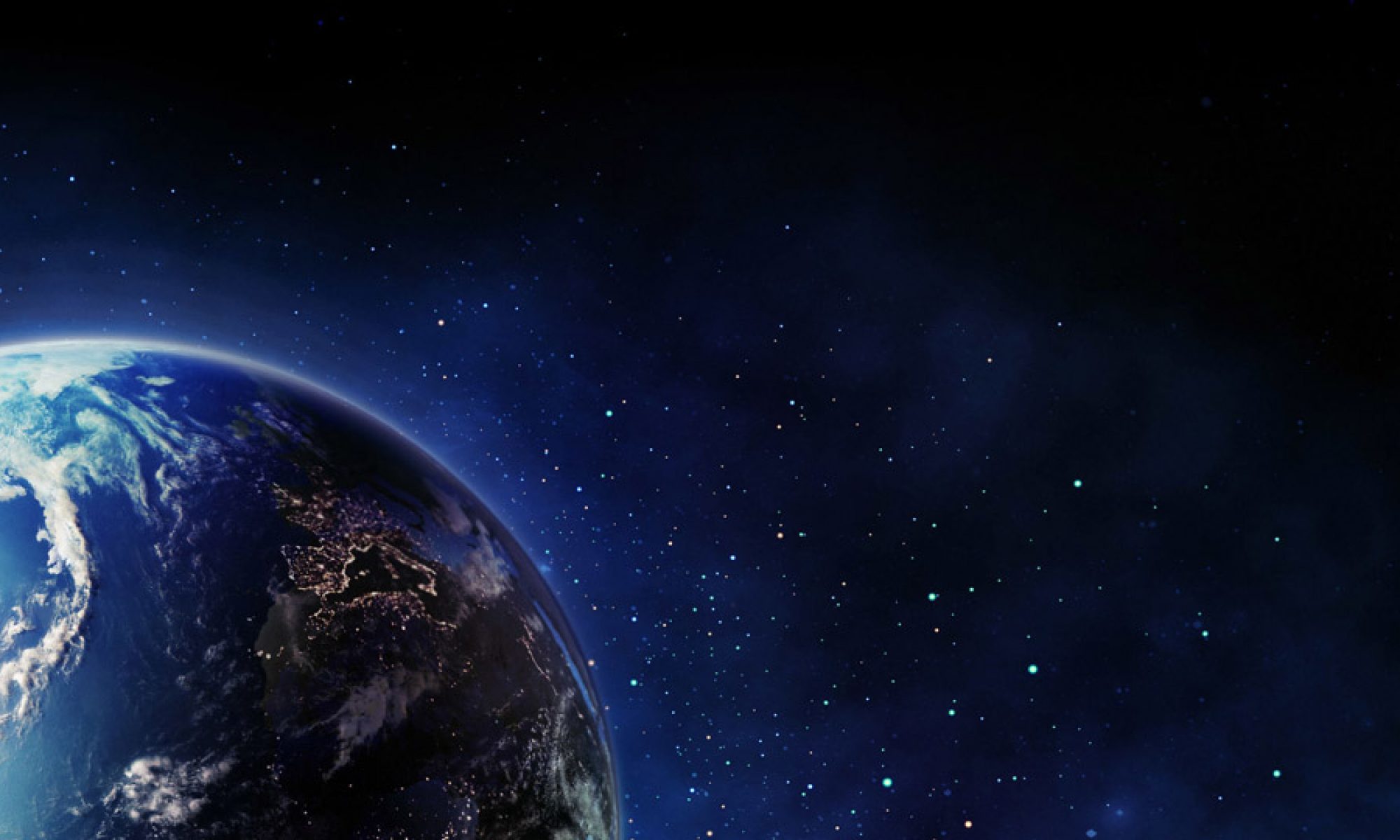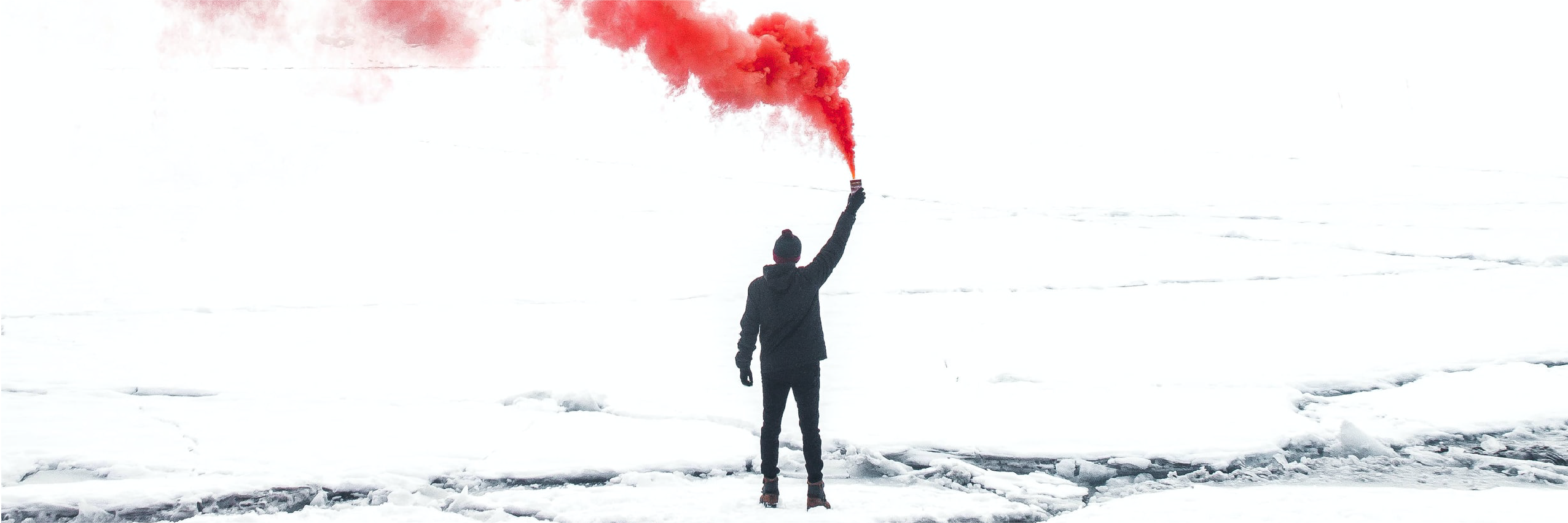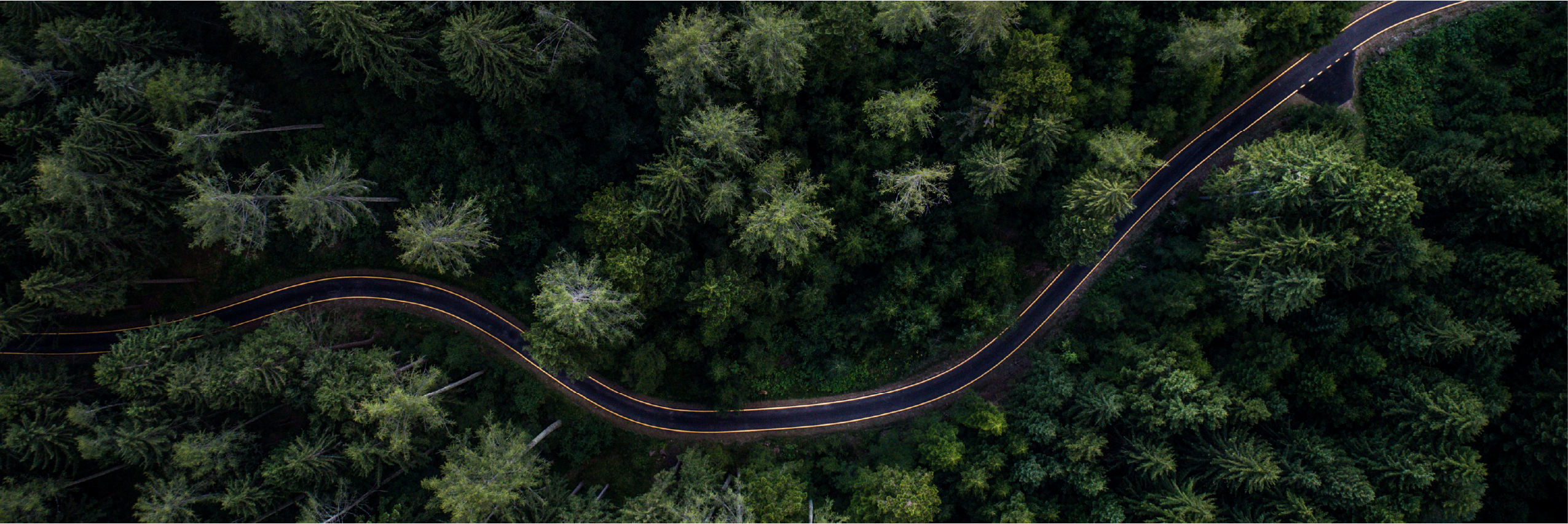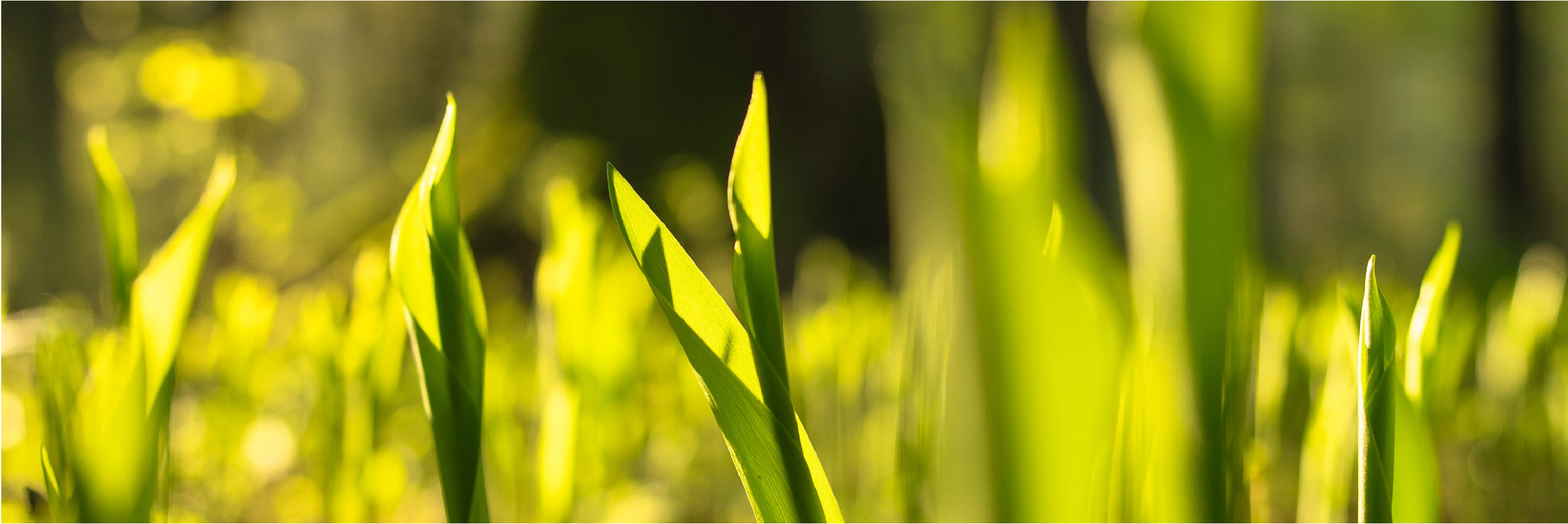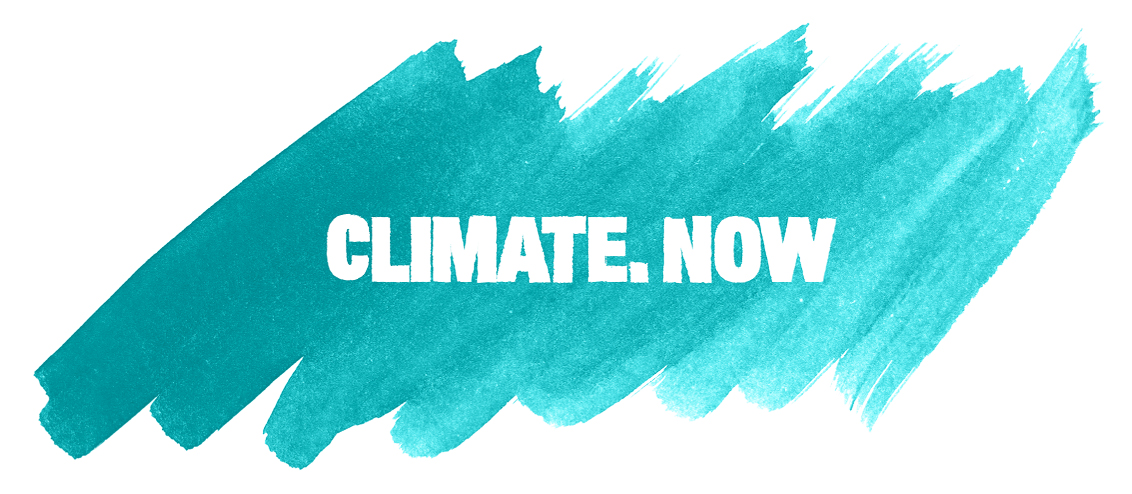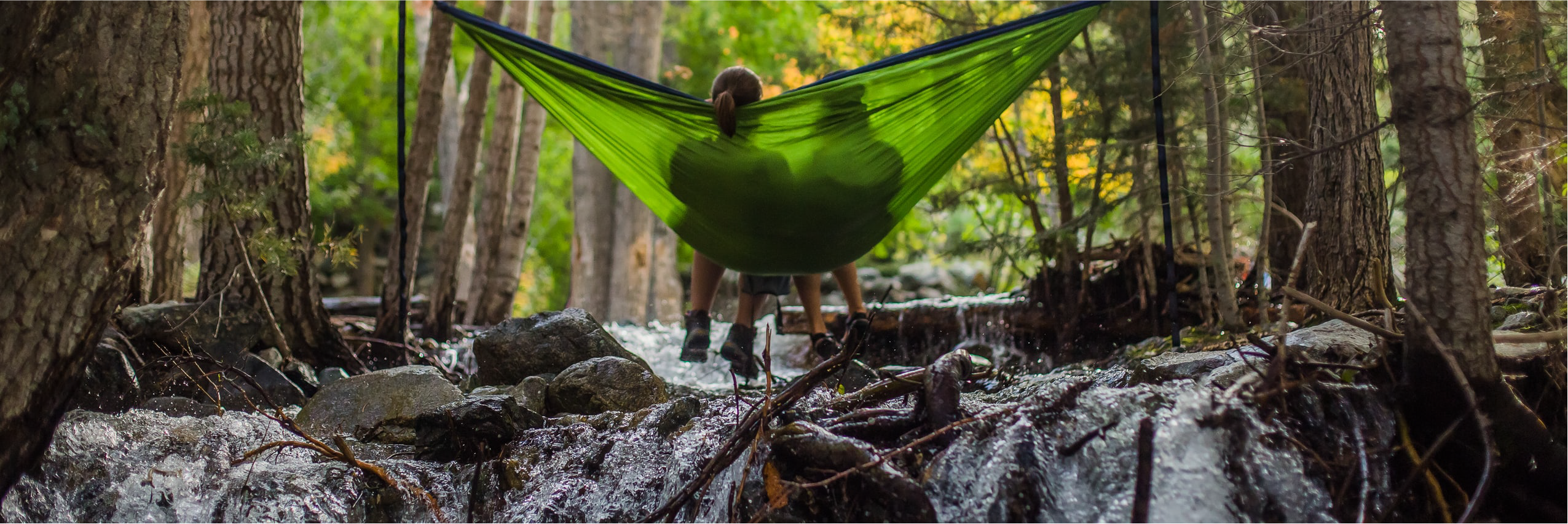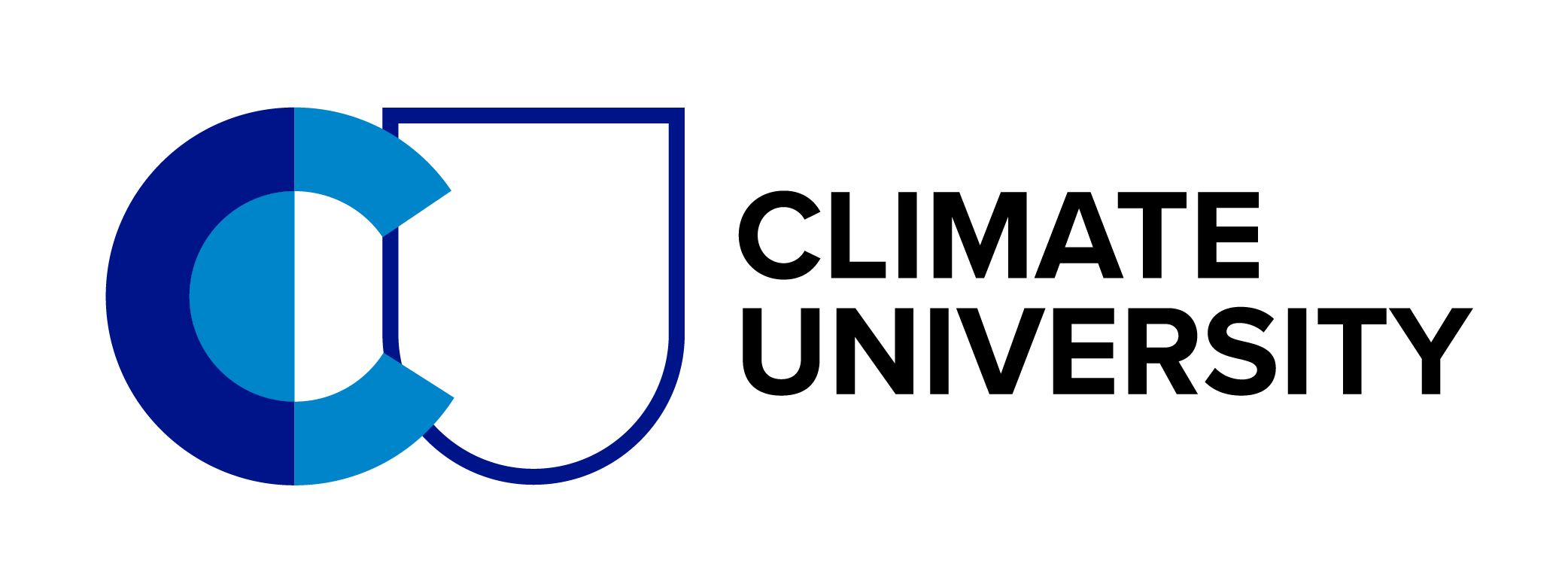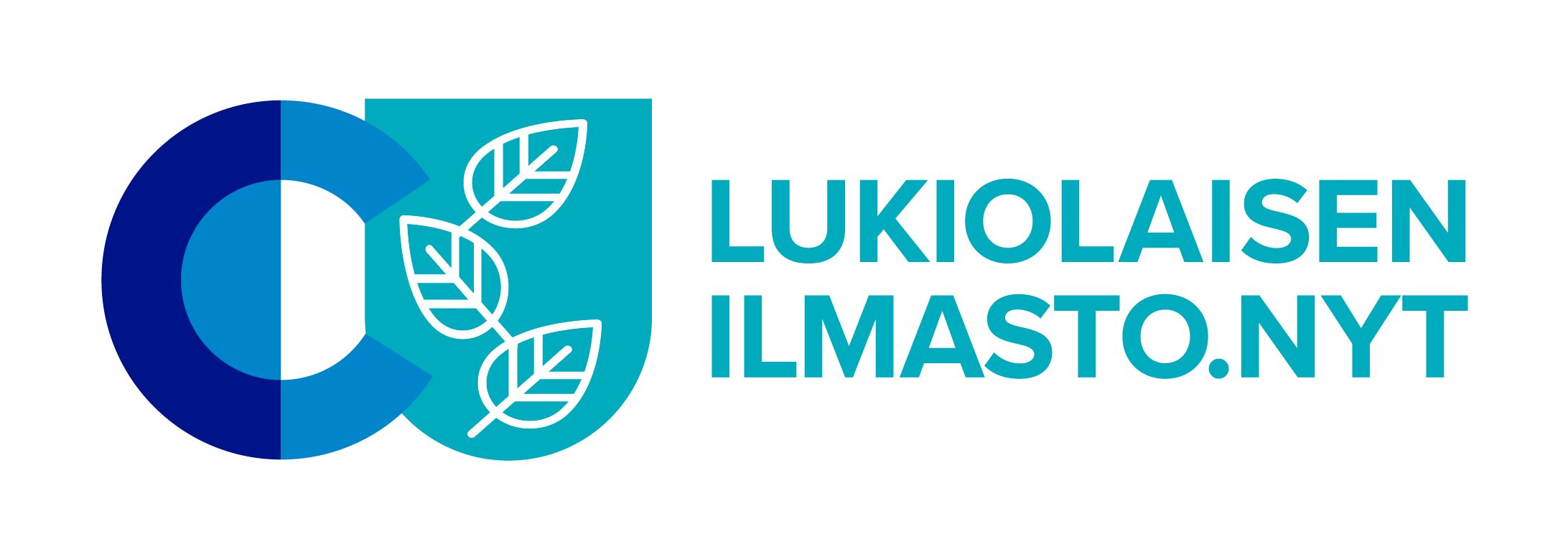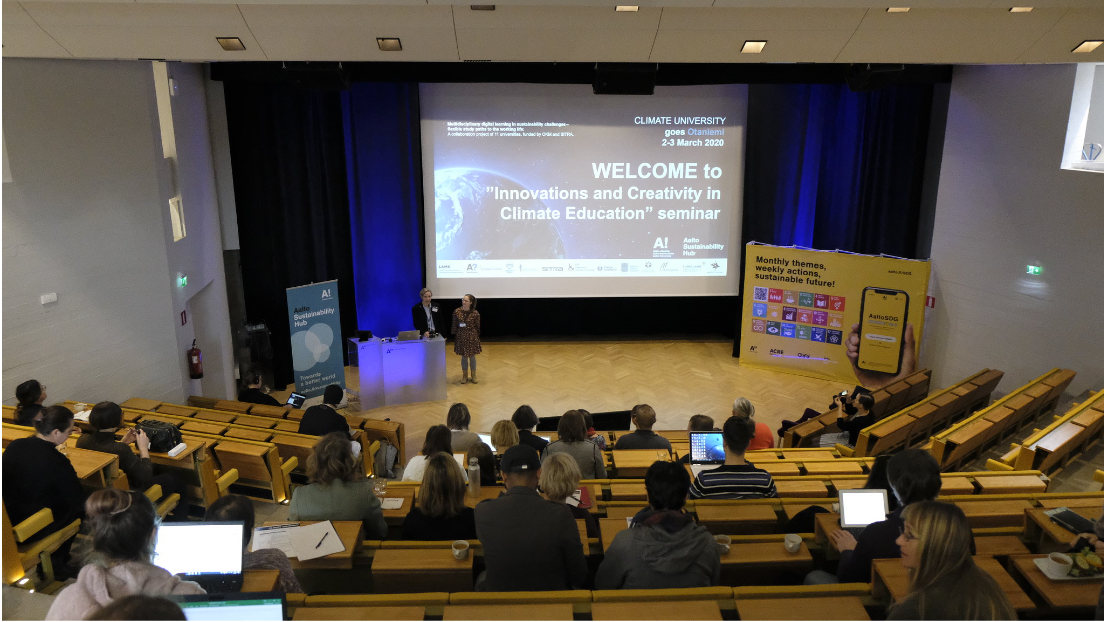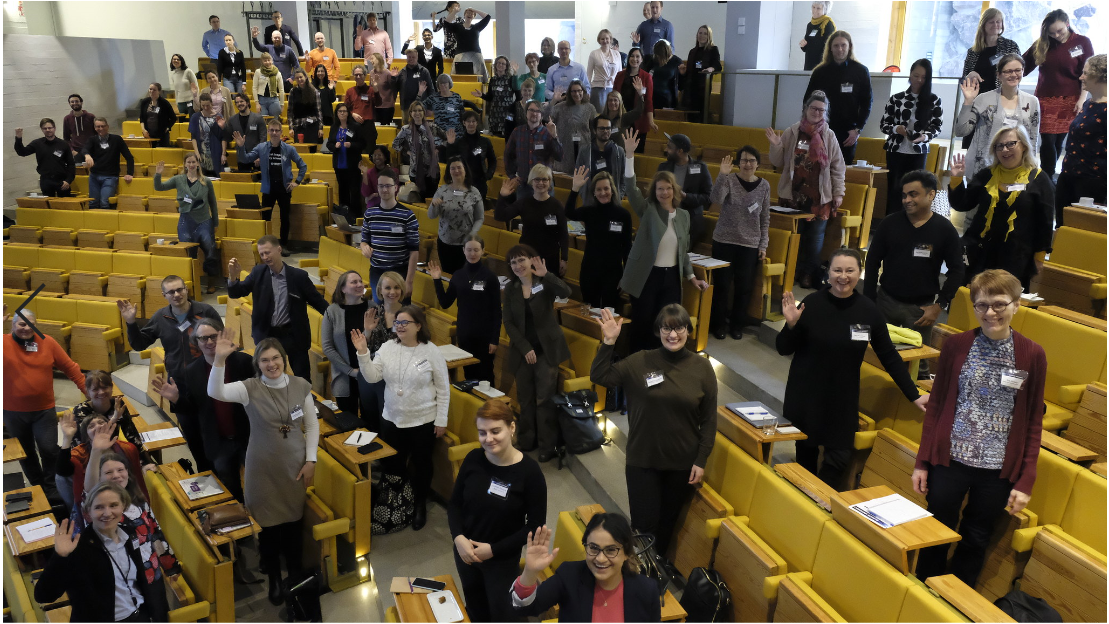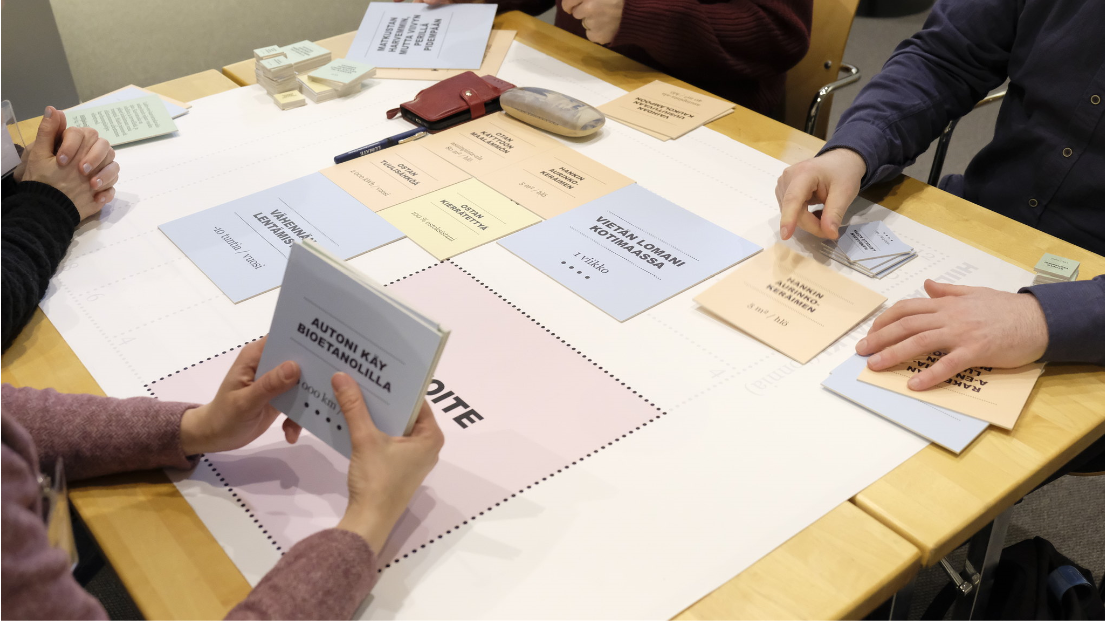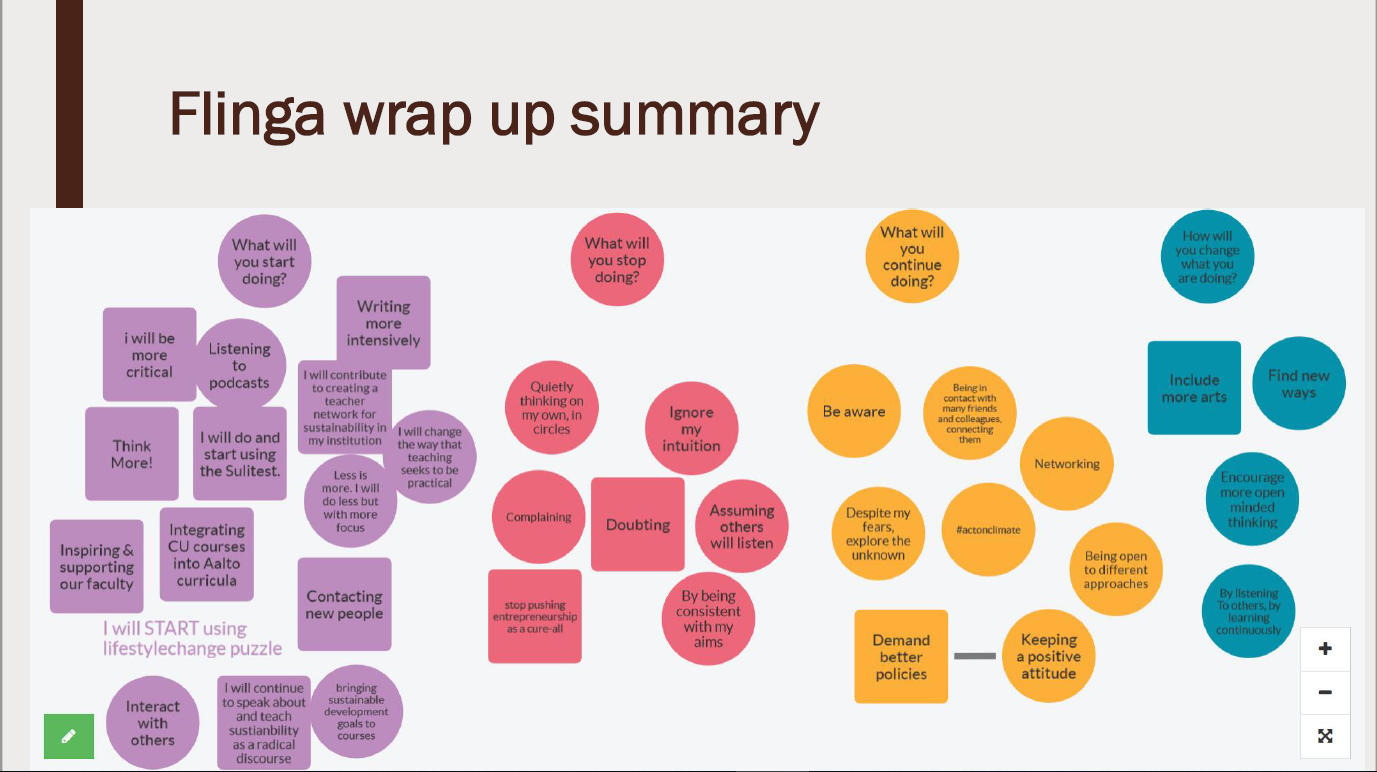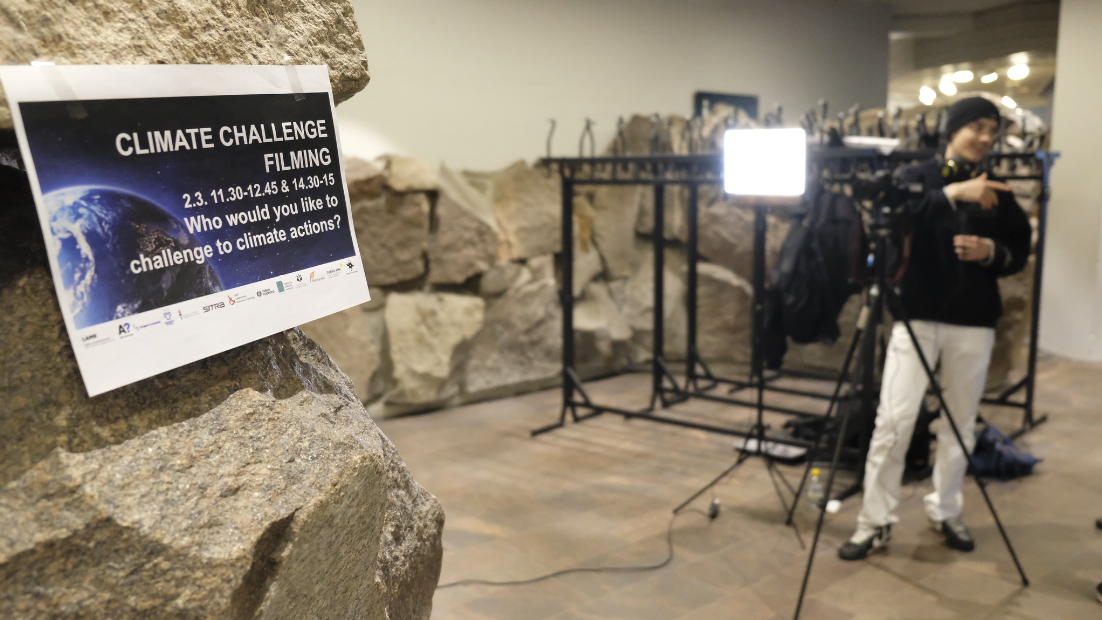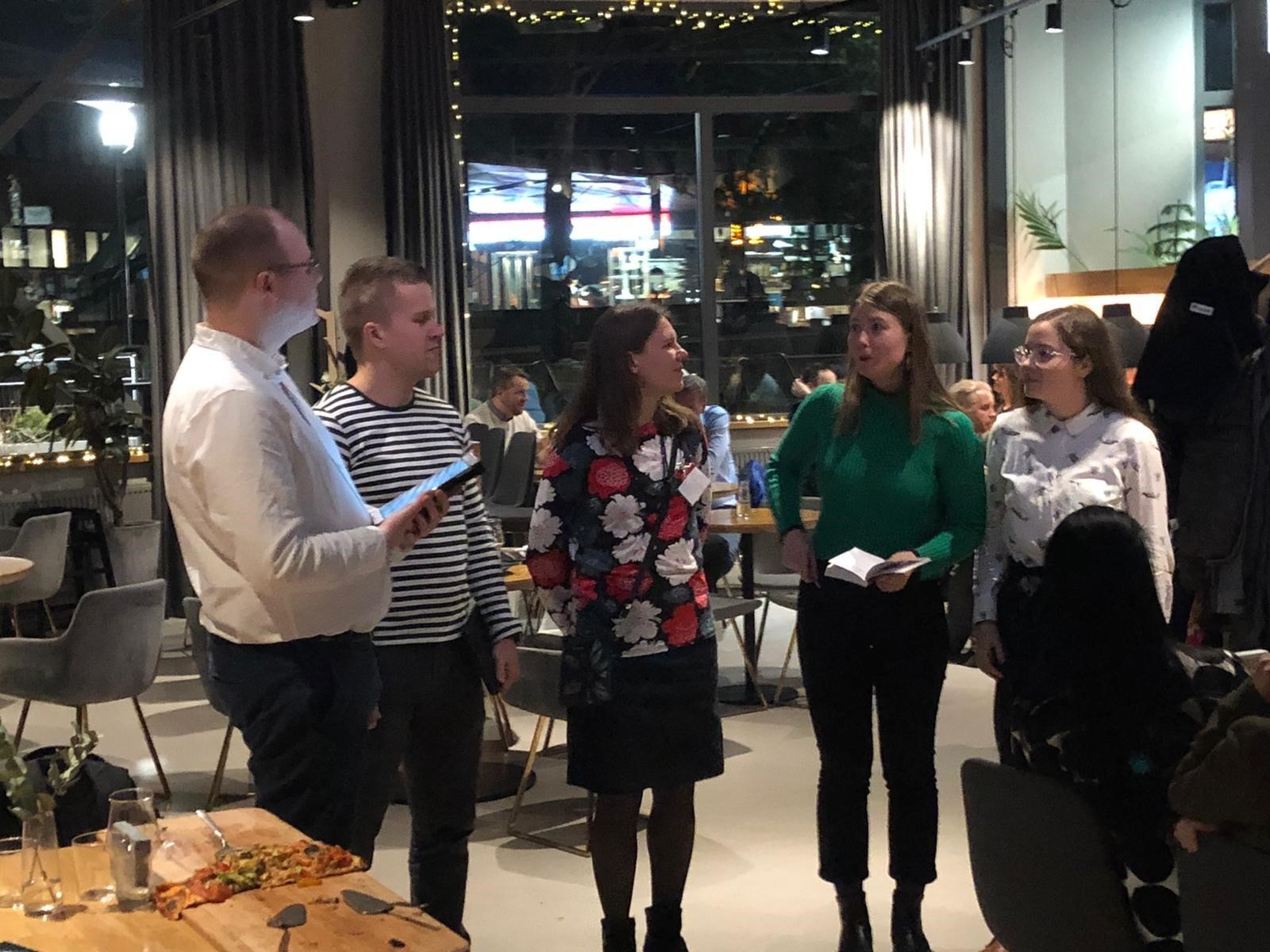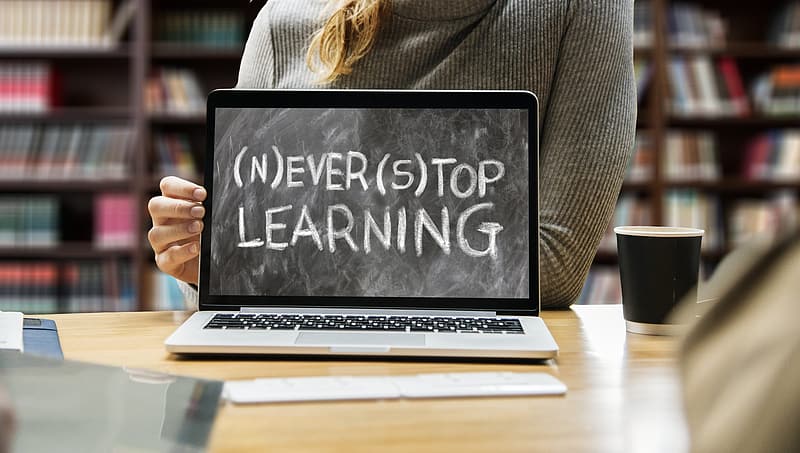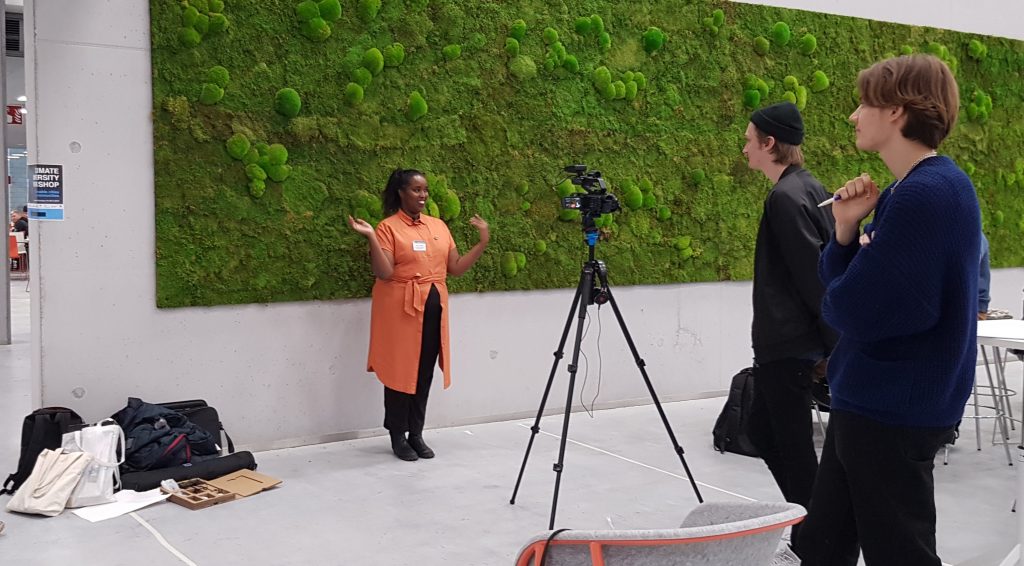We were a bit ahead of our time, when we organized our first completely virtual project course in the beginning of this year. We had no idea that in just one month the whole world would be organizing university courses 100 % online. Our pilot course Solutions.now with 40 students and 8 companies from around Finland proved that it is possible to work together successfully in intensive project teams even virtually. Shared values and mission of a better and more sustainable future certainly played an important role in the success of the course. In this blog post I will share some of our success factors as well as challenges from our pilot course.

Solutions.now is an online project course for solving sustainability challenges. The first pilot course was organized 13.1.-6.3.2020 with Turku University of Applied Sciences, University of Helsinki, Metropolia University of Applied Sciences and LAB University of Applied Sciences as part of the Climate University –project. In the pilot course we had 40 students – 13 from universities and 27 from universities of applied sciences. Study fields ranged from geography to business administration, future studies and business administration. The course is still under development and will be ready by the end of this year. In the future, Solutions.now can be taught by any higher education teacher in Finland. The course materials as well as a teacher’s manual will be openly distributed through DigiCampus platform.
The basic idea of the project course is fairly simple. Teacher gathers sustainability challenges from companies or other organizations. Students are then distributed into multi-disciplinary teams that each get their own company challenge. Teams create projects around the given challenges to provide solutions for the companies in the end of the course. Teams are in regular contact with the company representatives during the project.
Only well-defined challenges can be solved
The pilot course had eight different companies and municipalities who shared their sustainability challenges with the student teams – Partioaitta, Neste, ST1, Micropolis, City of Vantaa, UseLess Company, Esri Finland and CGI. In one challenge the students had to find innovative ways for collection of biowaste in sparsely populated areas. Other challenges focused on carbon footprint of digital services, sustainability of forestation projects, services to help people consume less and event concept for promoting more sustainable behaviors of citizens.
Since the teams only had eight weeks to solve the challenges, it was crucial that much effort was put on defining the challenges. We as course leaders met with the companies before the course and discussed the challenges. Some challenges were further defined together with the students to ensure common understanding of the problems. To get good results, the goal of the project needs to be clear and achievable.
Based on some previous (not online) project courses, our expectations were that the quality of project results would vary a lot. When working with students you can never ensure that the client gets top quality results. However, we were surprised of the quality of students’ work during Solutions.now, since it was better than on previous courses where students met face-to-face on campus. Even some students were surprised of the online implementation working well:
“It was easier than I expected. Easier and more beneficial than even some courses I have needed to attend in person”, claims one student in their feedback.
Clear structures help students cope with study stress
I can see both practical factors related to course design and more invisible mental factors that affected the success of the course. Clear structure was mentioned many times when the students described what they liked about the course.
Especially in this kind of project- and teamwork-based course with many moving parts, the course structure becomes extremely important for the sense of understandability and manageability of the students. The whole course was made up of four phases shown in the picture below: orientation, framing, doing and implementation (based on the process model of Problem and Project-Based Learning courses by Brundiers and Wiek 2013).
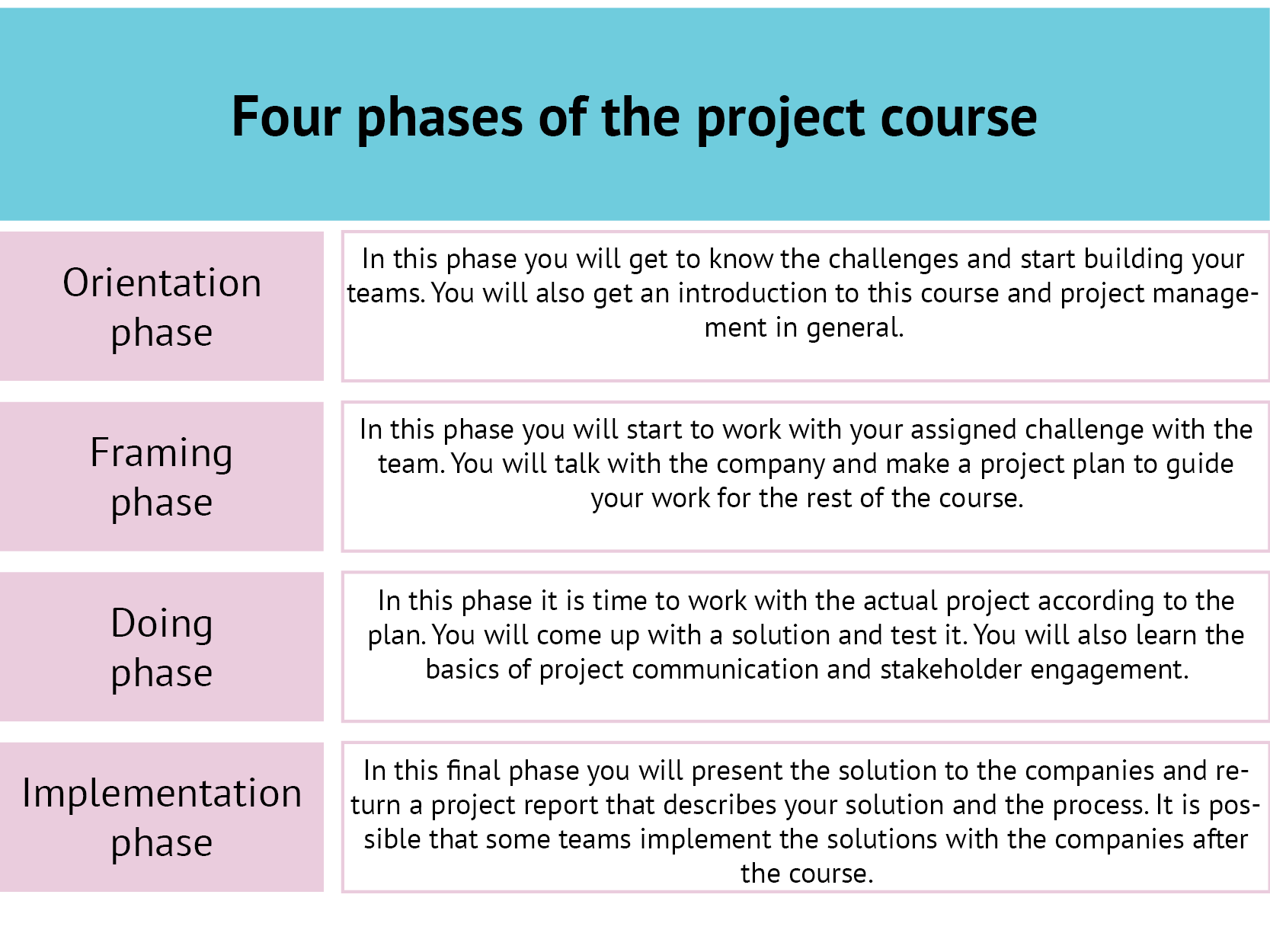
Each week had clear schedule for tasks and lessons. Overall, the course was made up of the following parts:
- Three online lessons with everyone online with group discussions
- Video lectures on specific topics
- Eight mentoring sessions – teachers with each team for 15 minutes for status check
- Final presentations online with all teams and companies
- Feedback session online with all students
- Individual tasks in the form of a learning diary and log of hours
- Team tasks related to each project phase e.g. project plan and report
Building trust and low threshold for communication are the key
In an online environment, the course participants rely on online tools to build trust and team spirit. It might also be problematic for the teachers to keep track on the student teams’ current situation and support their learning. Solutions.now had a combination of communication channels (shown in the picture below) to facilitate interaction between teachers and students.
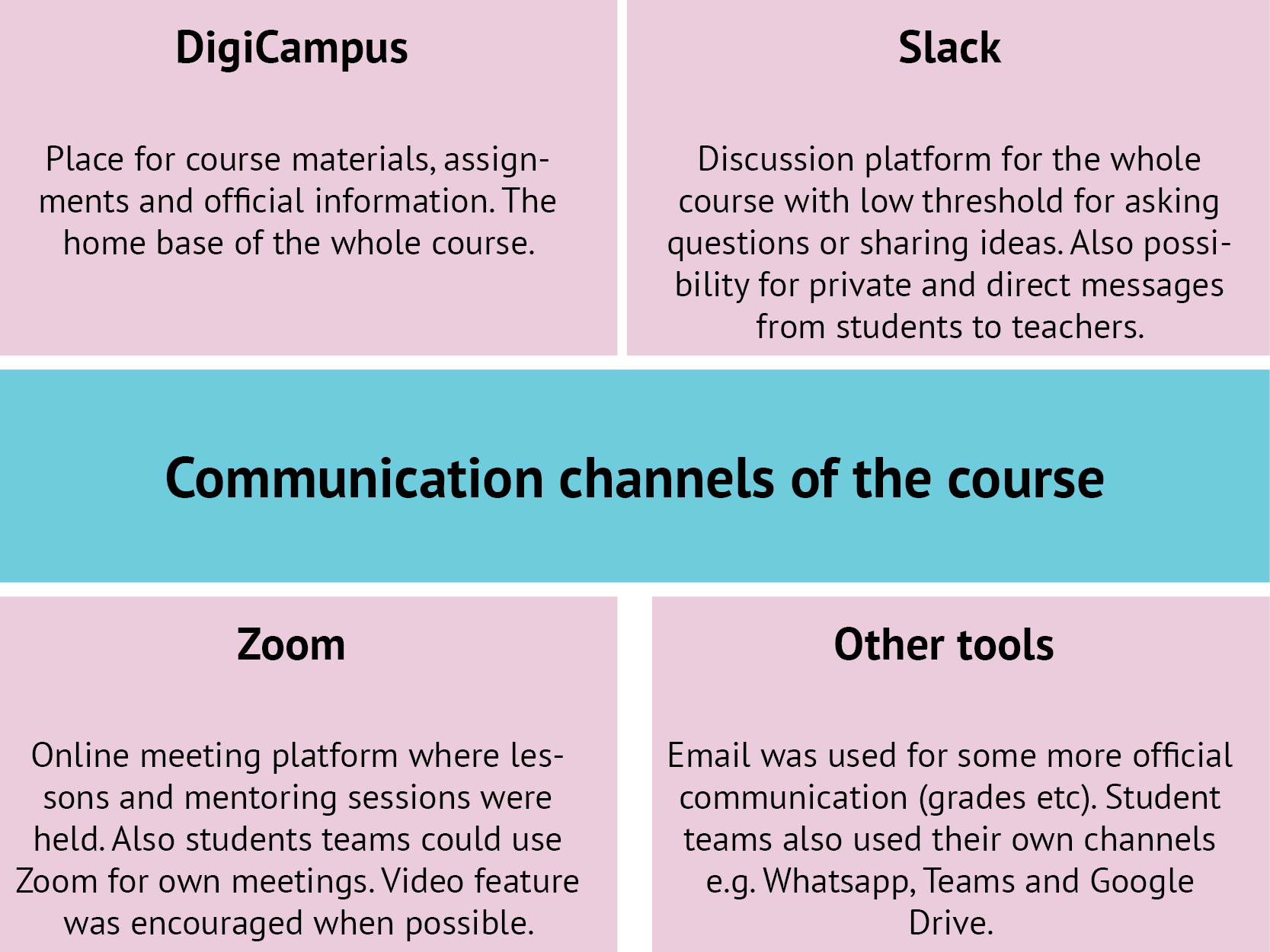
Using video in the virtual meetings helped in building the trust between teachers and students. Video connection in meetings helps convey non-verbal communication between participants, which is not possible in only visual (text) or sound (conference call) based formats of communication. By seeing the teachers talk, students can also read their facial expressions which might help in understanding and internalizing the messages.
“The chosen platforms for communication were helpful and intuitive; it didn’t leave students to rely on email where communication can often be limited. The teachers were more involved than I’ve previously experienced in any online course. The regular mentoring sessions with devoted group time and interaction with the teachers were highly valuable. I appreciated the thought that went into the communications of this program”, says one student in feedback.
As one of the teachers of the pilot course, I see motivation and trust as the key factors for the surprisingly good results of the course. Many of the students mentioned how they are truly motivated to make a positive impact in the society and want to learn new skills for working with sustainability issues. This shared mission probably helped create a sense of community.
In the beginning of the course, the student teams were asked to write down their team’s guiding values and code of conduct. One team for example described their team values as following: “Diversity is an asset; every voice is important. We encourage all to utilize their unique strengths and express their opinions. We are all connected, like in a global village, through sustainability. We are in it together”. It is possible that these team building exercises helped them to work together better.
Shared mission helps to overcome challenges
Online courses with a lot of teamwork have to deal with the challenges that arise due to people having very different timetables and life situations. In our course we had people who were already in working life, stay-at-home parents but also “normal” students with multiple courses going on in their home university. Since we tried to create as diverse teams as possible, it meant that the teams had to try to solve these timetable differences.
“It was challenging in the beginning because everyone kind of pulled in different directions. But in the end, different backgrounds helped us see things from different standpoints and I think we all learned something new. Overall, it was a positive experience”, sums one student.
Even with these evident e-learning challenges, the pilot course was a success with majority of students and companies satisfied with the process. I wonder if the students were ready to cope with the challenges, because they felt internally motivated for the shared sustainability goal.
-Sara Malve-Ahlroth, Turku University of Applied Sciences
